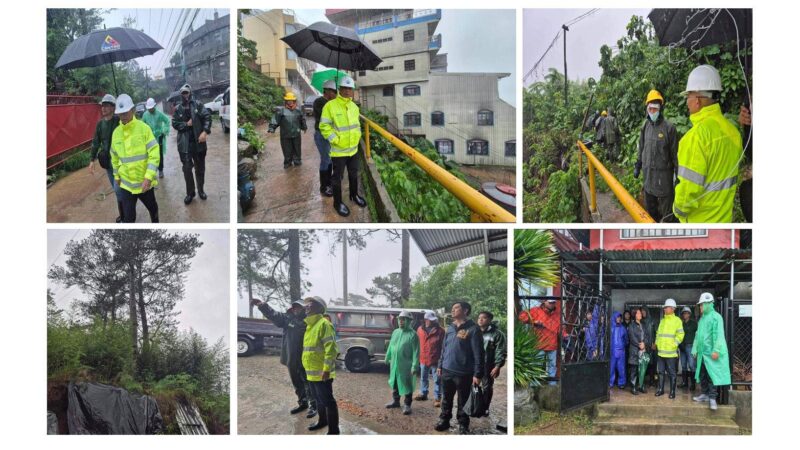City embraces financing schemes for priority projects

The local government will employ various financing schemes to be able to implement the identified priority development projects that will trigger the city’s progress and development.
City Budget officer Leticia O. Clemente stated that among the available local government financing schemes include regular local revenue, borrowing or bond floatation, foreign and local grants, capital income from sale or use of assets, available funding resources of the local government, cot-recovery elements, cost sharing with local governments and national government agencies, public private partnerships and combination of the aforesaid schemes.
She pointed out that among the strategies that will be adopted by the local government to be able to implement its infrastructure projects will be the public private partnerships.
The city budget officer claimed that among the unsolicited public private partnership proposals that are under the so-called negotiation stage are the public market redevelopment and the intermodal terminal project.
Under the pertinent provisions of Republic Act (RA) 7160 or the Local government code of the Philippines, local governments may create indebtedness and avail of credit facilities for local infrastructure and socio-economic development projects with government or private banks or lending institutions.
Further, the finance department is mandated to render technical assistance to any local government in the availability of credit facilities, floatation of bonds, contracting of loans and issue guidelines for the said purpose.
However, only a maximum of 20 percent of the local government’s income should be earmarked for debt servicing in case the local government intends to acquire a loan from various financial institutions.
Moreover, the Bureau of Local Government Finance (BLGF) was also mandated to develop and promote plans and programs for the improvement of resource management systems, collection enforcement mechanisms and credit utilization schemes at the local levels.
According to her, the local government is also studying how Cebu was able to offer equity bonds where it required about P1 billion to finance its infrastructure projects.
The Cebu provincial government formed a subsidiary corporation known as the Cebu Property Ventures and Development Corporation where it used its properties and equity contribution and subsequently floated bonds to meet the first tranche of financial requirements.
On the other hand, she added that the city is also assessing the Muntinlupa bonds that was used for the development of the Alabang diversion road project estimated to be P11 million that was sourced from bond floatation.
Clemente disclosed that potential bond subscribers are reportedly very upbeat about their involvement where most of them were teachers, homeowners, students and even retirees, all of whom basically represent a retail-based market for such an issue. – Dexter A. See







